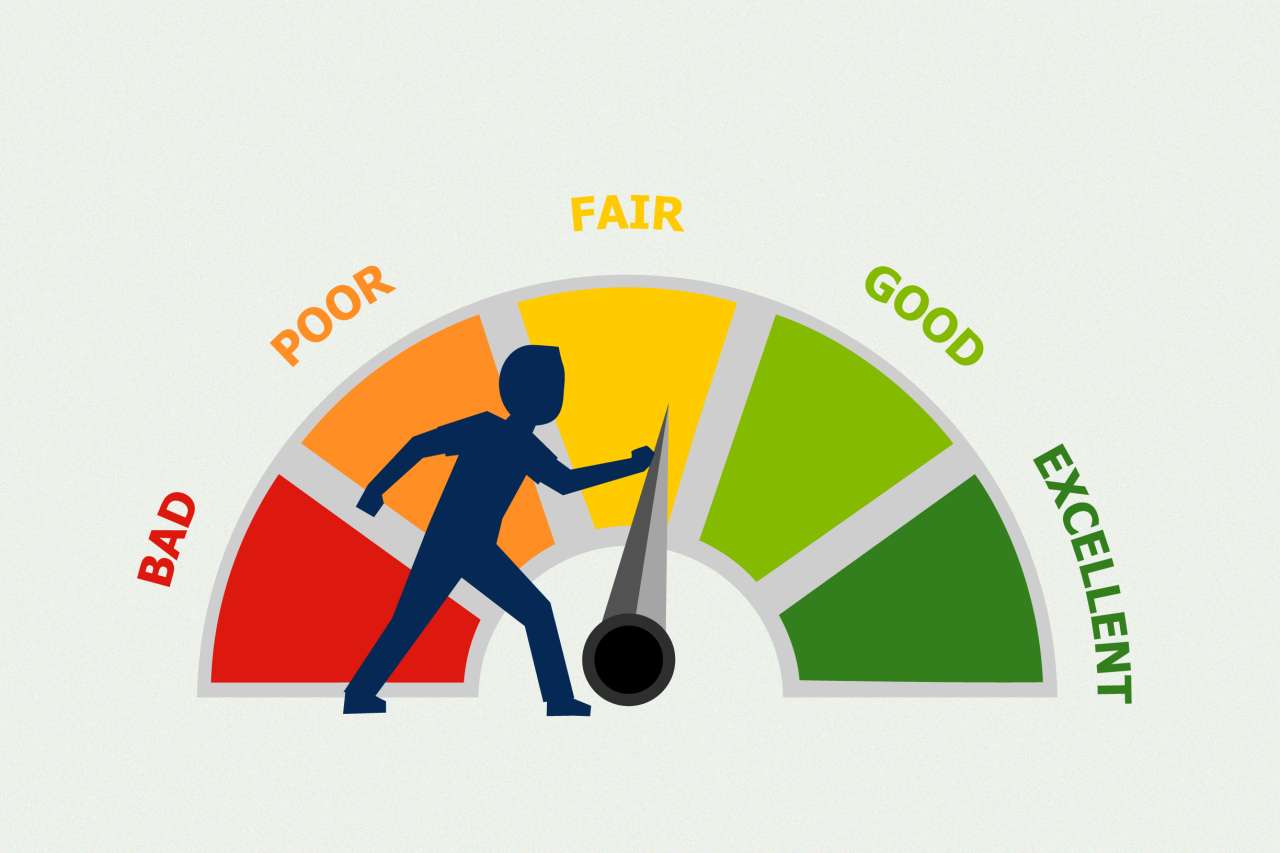
Digital Credit Providers Regulations To Be Operationalized Imminently
The Central Bank of Kenya (Amendment) Act, 2021 (the "Act") came into force on 23rd December, 2021. Under the Act, the Central Bank of Kenya (“CBK”) is mandated to come up with Regulations to give effect to the provisions of the Act regarding licensing of digital credit providers within three (3) months upon coming into force of the Act. In keeping with this requirement, the Central Bank of Kenya (Digital Credit Providers) Regulations, 2021 (the “Regulations”) are expected to come into force by 23rd March, 2022. It is noteworthy that the Draft Regulations have since been submitted for public participation.
The Act and Regulations are aimed at curbing the rise of unscrupulous digital lenders who have been accused of unethical and unscrupulous methods of recovering debt advanced to the members of the public. Further, most lenders have often charged interest on loans advanced against the in duplum rule which requires that interest on a debt should stop running where the total amount of interest equals the outstanding principal debt.Under the Act, a digital credit lender is defined as a person licensed by the CBK to carry on the business of providing credit facilities or loan services through a digital channel i.e. internet, mobile devices, computer devices, applications or any other digital system as may be prescribed by the CBK. The definition is therefore wide enough to capture lenders who advance credit using the internet and mobile devices.
Notably, digital credit providers who are in operation at the time of coming into force of the Regulations will be required to apply to CBK for a license within six (6) months of the publication of the Regulations. Under the Draft Regulations, a proposed digital credit provider shall apply to the CBK for a license to conduct digital credit business in the designated form accompanied by a credit policy, code of ethics and market conduct, pricing model and parameters, corporate governance policy, data protection policy, Anti-Money Laundering and Combating the Financing of Terrorism (AML/CFT) policies, statement of compliance with the Consumer Protection Act, amongst other documents. A license will then be issued to the applicant within sixty (60) days of submission of a complete application if the CBK is satisfied that the applicant meets the requirements of the Regulations.
The CBK shall have the authority to license, determine capital adequacy requirements, determine minimum liquidity requirements, approve digital channels and business models through which digital credit businesses may be conducted, supervise, suspend or revoke any license as circumstances warrant and direct such changes as it may deem necessary on digital credit providers.
Digital credit businesses will also be required to comply with the existing legal framework on the management and processing of personal data that is compliant with Data Protection Act, 2019. This is essential because some digital lenders have been accused of illegally exposing their clients' personal information without just cause.
Failure to obtain a license constitutes an offence that will attract a fine of KES 500,000/- and/or a prison term of two (2) years.
It is expected that the Regulations will encourage compliance and protect the members of the public thereby increasing transparency amongst digital credit providers. On the flipside, it is argued that increased uncertainty, stringent compliance requirements and expenses may stifle the development of new, better loan products and create barriers to innovation.
Wamaitha Gichamba & Co. Advocates remains available to provide more information on the provisions of the Act and Regulations and their implications on your business.